Chapter 2
Family
Families Pay the Price
The impact of incarceration extends beyond the person locked behind bars. Oklahoma’s punitive approach to criminal justice and overreliance on incarceration is separating families and harming Oklahoma’s children.
Oklahoma’s Children and Families Suffer
Oklahoma’s high incarceration rate means more and more families feel the impact of long sentences.
A family member’s incarceration can have a lasting impact on adults and children, and it leaves many families experiencing financial, psychological, and emotional difficulties. In Oklahoma, about 106,000 children, or 11% of children, have had an incarcerated parent or guardian, a substantially higher percentage than in the neighboring states of Kansas, Texas, Colorado, and Missouri.

Family Bonds are Strained
When parents are incarcerated, they miss milestones in their children’s lives.
Visits, phone calls, and letters become lifelines and research shows that keeping in contact with family strengthens bonds, improves behavior in prison, and lowers recidivism rates. However, visitation and communication policies, practices, and costs make it difficult to keep in touch.
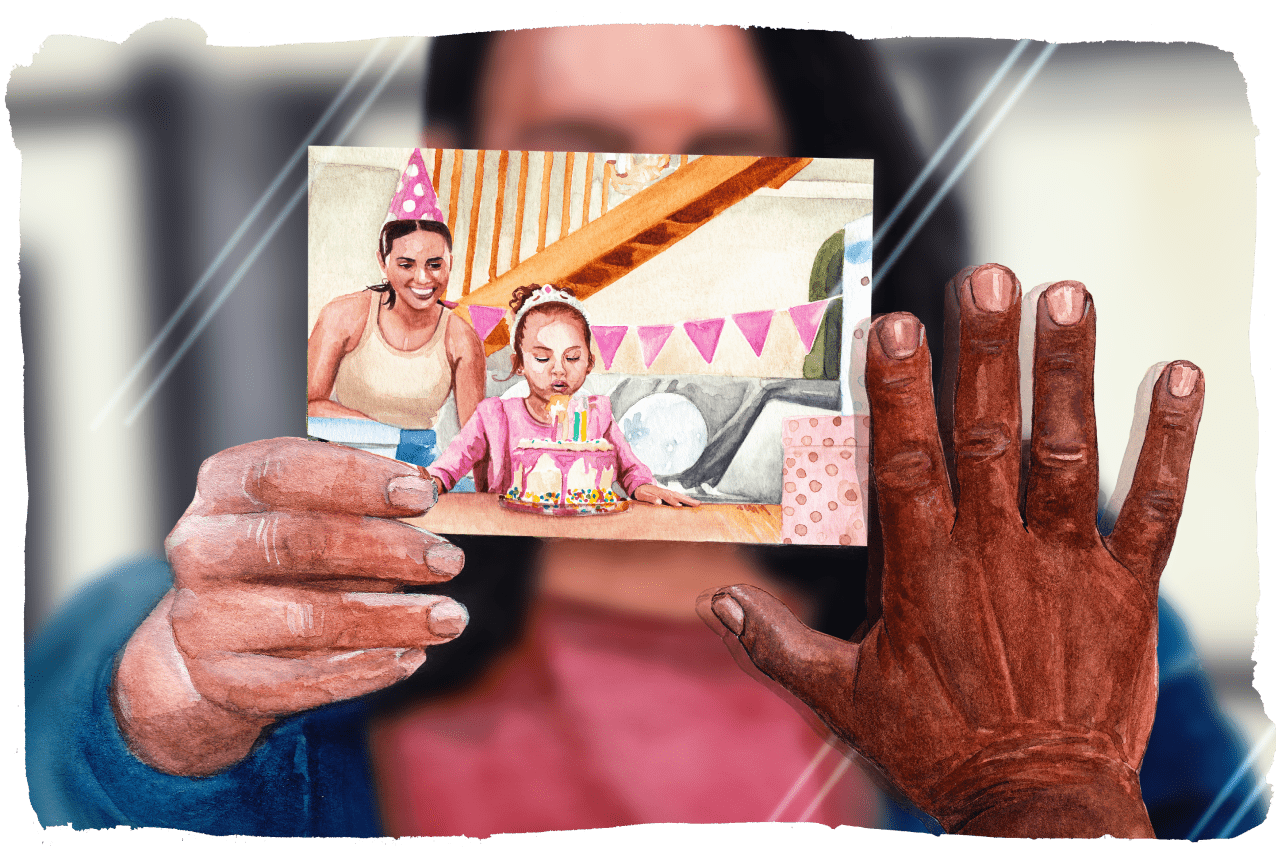
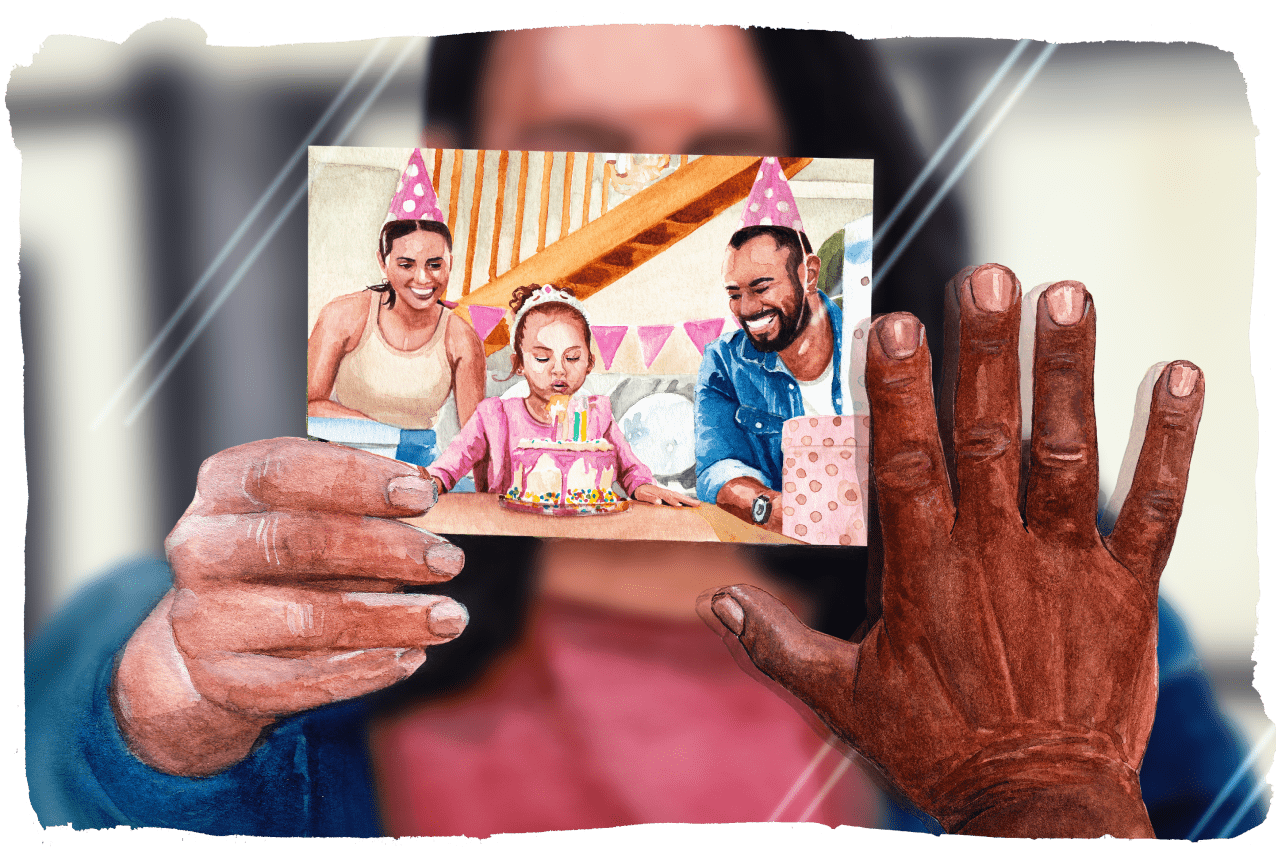
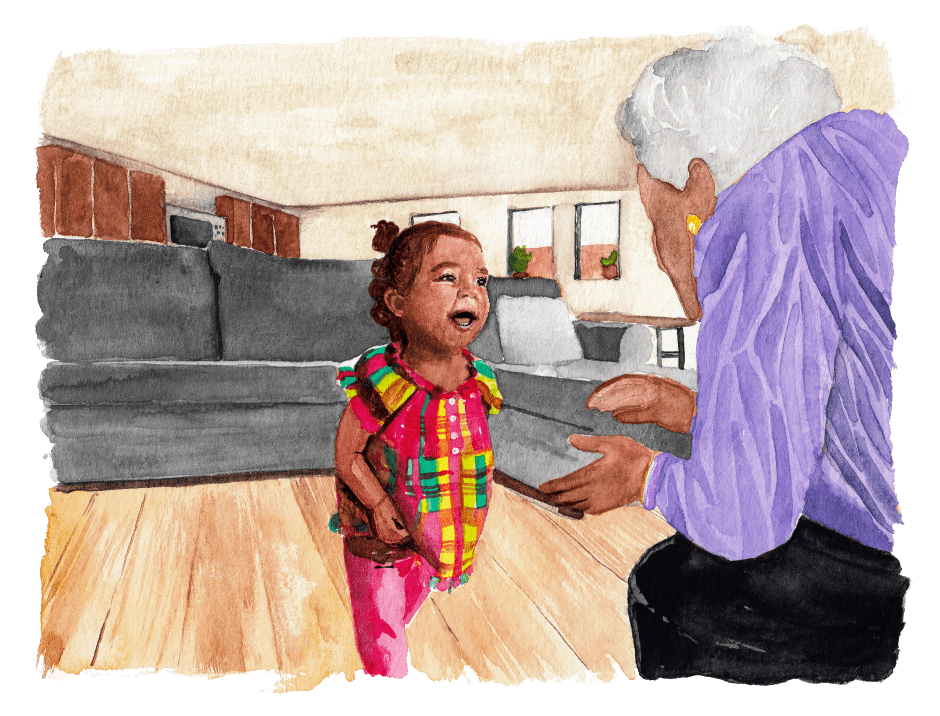
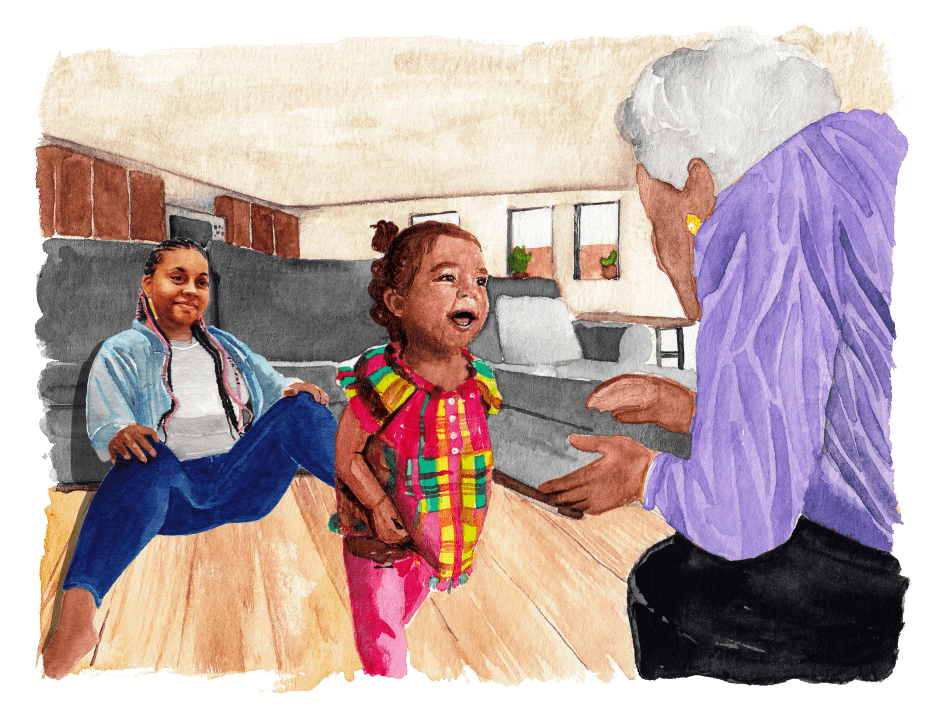
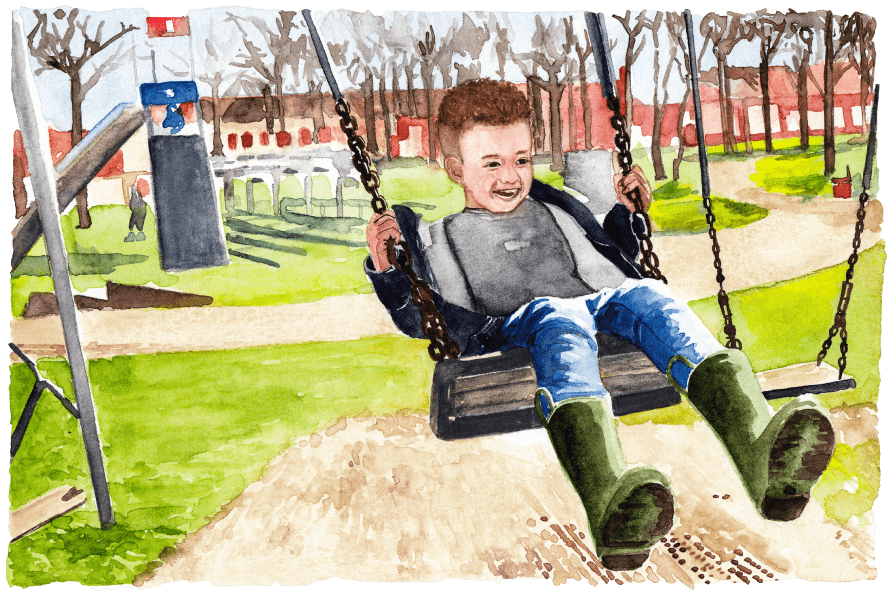
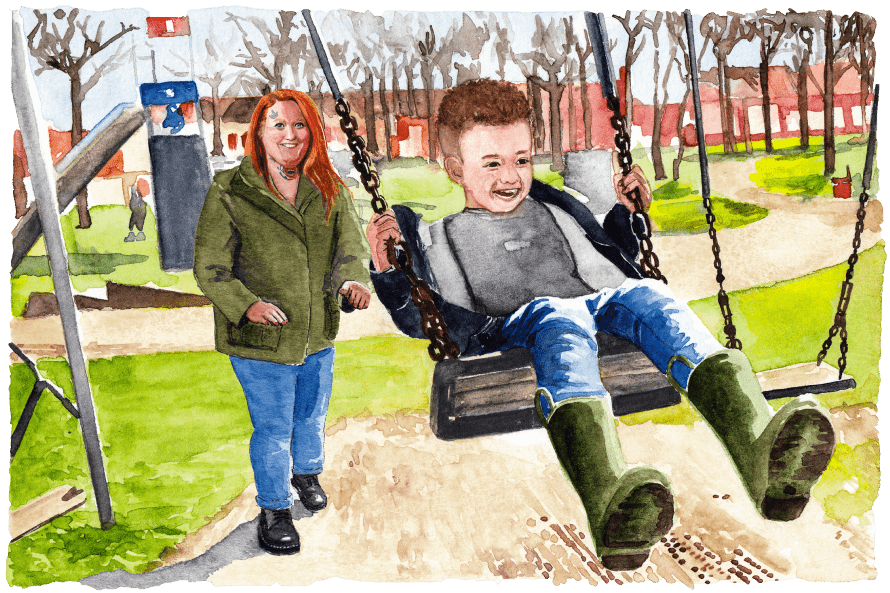
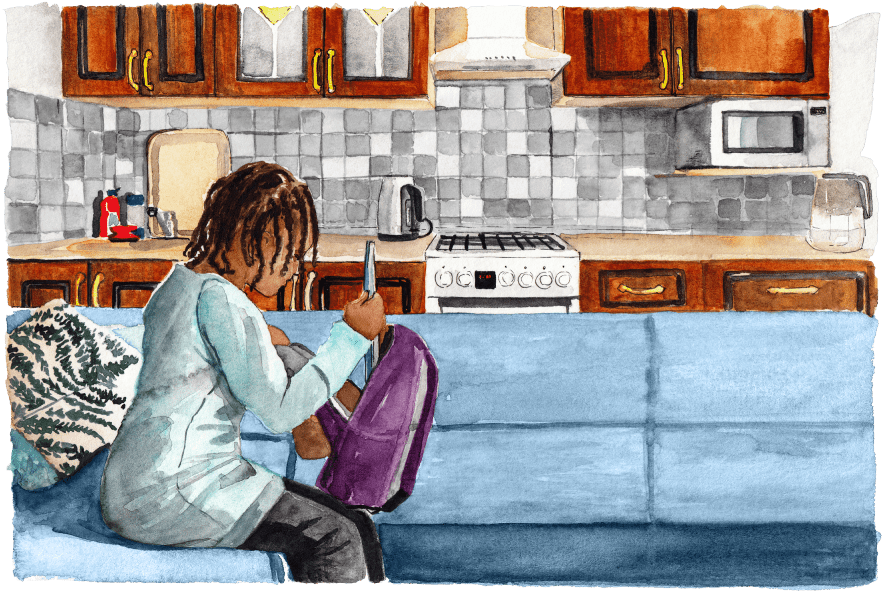
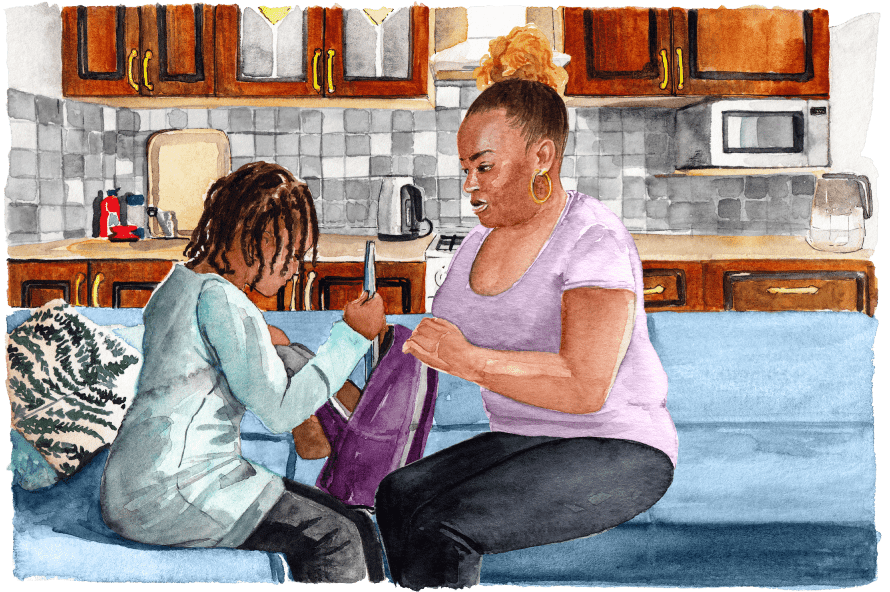
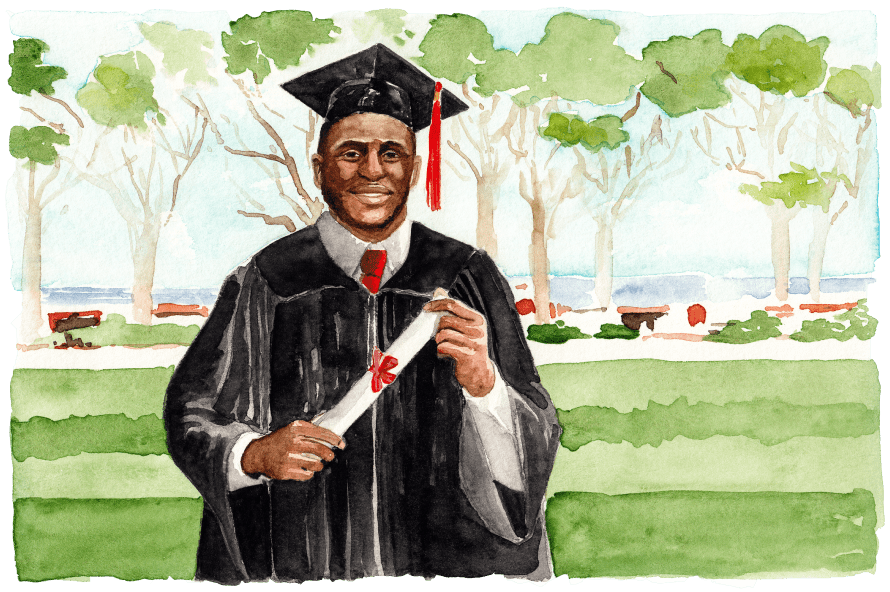
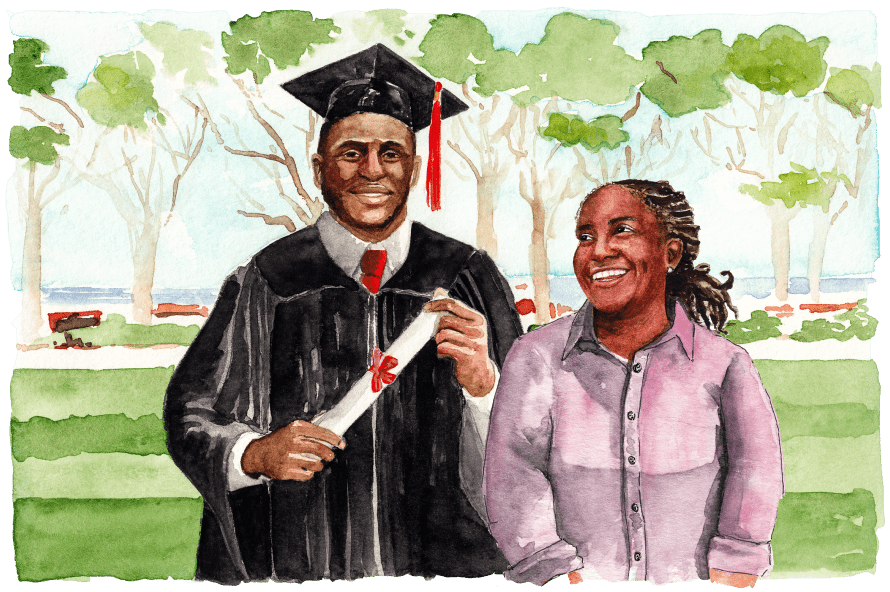
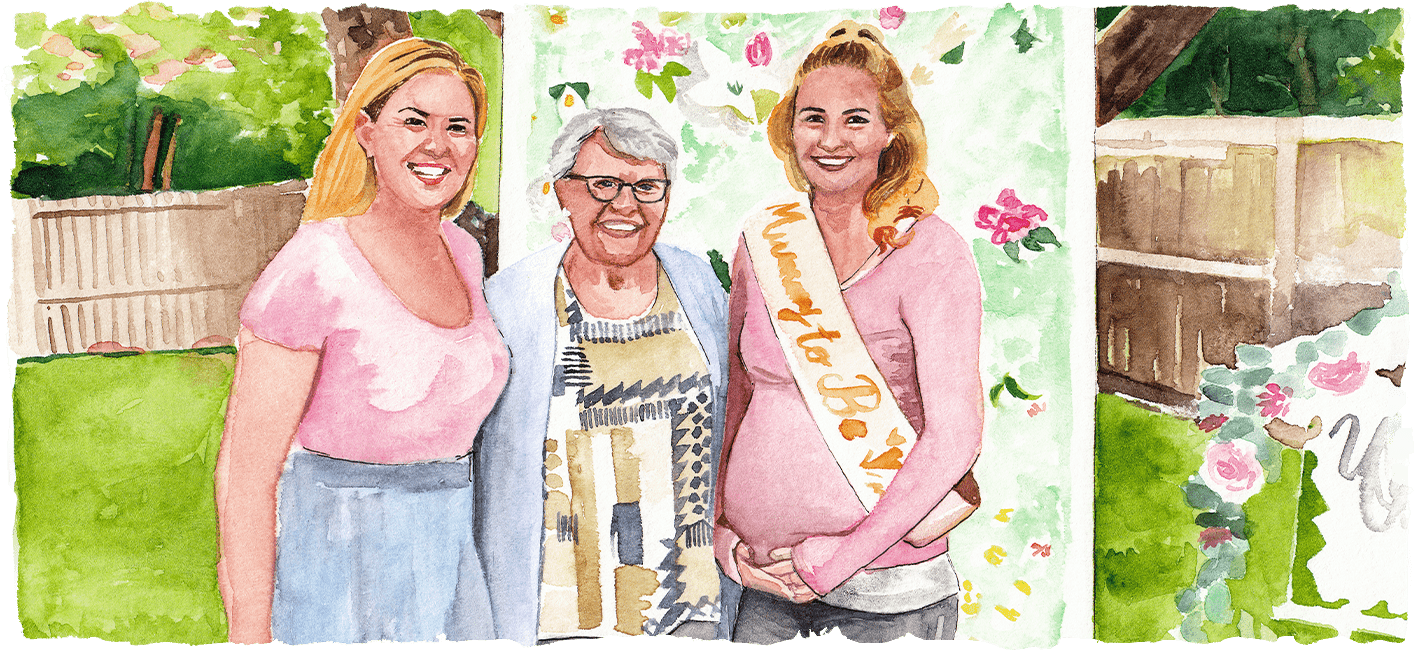
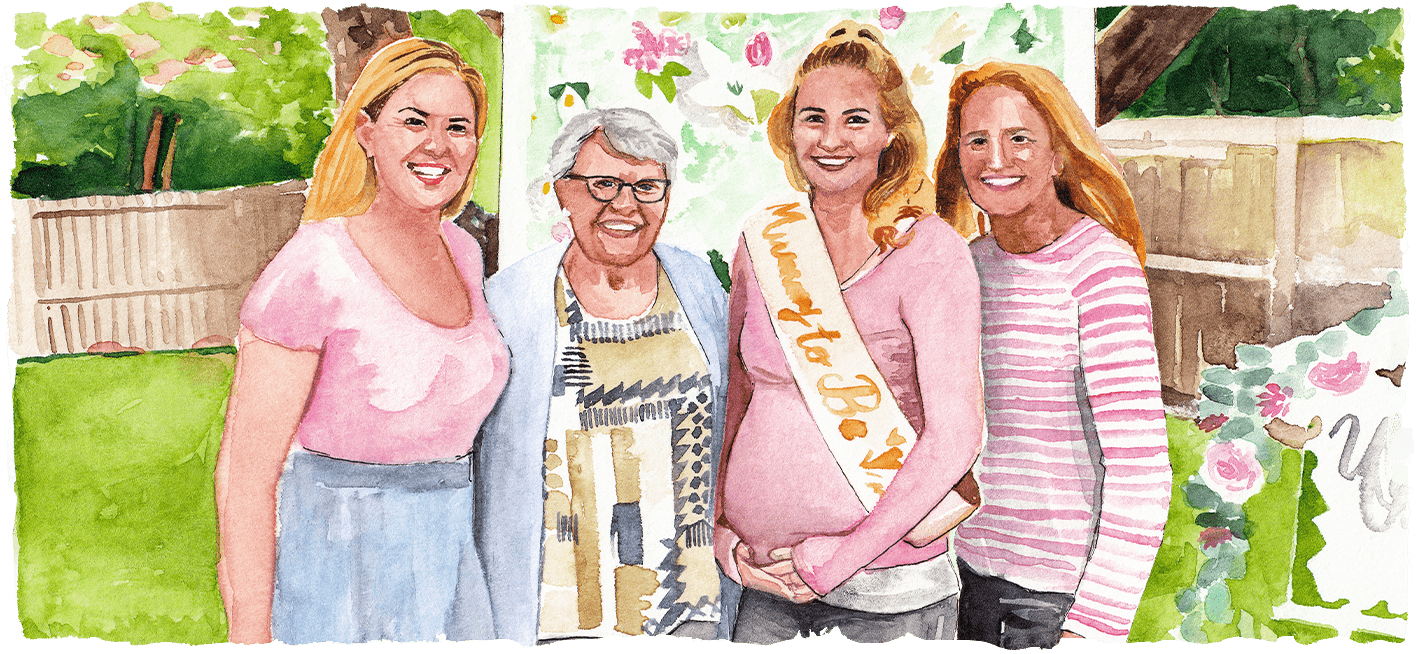
The System Punishes Poverty, Trauma, and Substance Use
Many incarcerated people are also crime survivors. Most people in prison, especially women, are survivors of physical and sexual violence and other forms of abuse and neglect.
“When women under 25 years old get sentenced to more years than they've been alive. When you sit at a table with six women under 40, five out of the six have 25 years or more at 85%, six of six have been physically or sexually abused and six of six had drug or alcohol addictions upon incarceration. Why didn't the state take the time to help any of us but lock us away when there still is no hope or reform?”— Hazel, incarcerated woman
